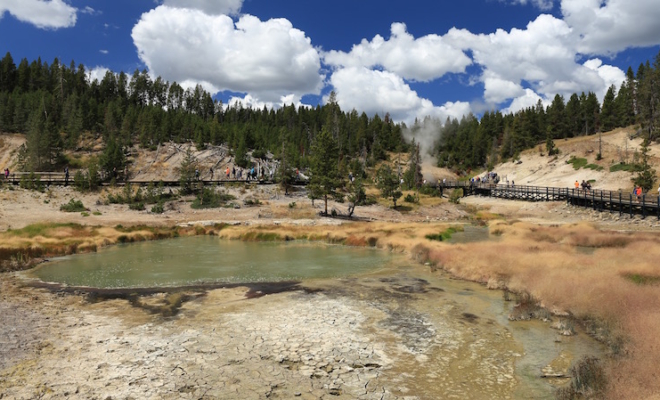
Parenting
Talking To Your Kids About Dangerous People
You love your kids and you want to make sure they stay safe when you can’t be around to protect them. Unfortunately this means alerting them to the reality that some adults are dangerous and could harm them. If you’re a caring parent you’ve probably helped cultivate a sort of fairy tale reality for your young children where everybody is their friend and everybody has their best interests at heart, where everybody’s always smiling, where the world is one big fun game. So it’s tragic and uncomfortable to have to destroy that myth, which is probably why a lot of parents avoid the conversation.
But you can keep your child’s faith in the inherent goodness of people alive while having a conversation about dangerous people, and this all starts with checking your own anxiety and paranoia at the door, the paranoia that says every single stranger out there is an evildoer. A better way to frame the conversation is to remind your kids, and yourself, that the majority of adults are goodhearted and friendly but there are a few bad apples out there, a few broken people who have lost their way and who have chosen destructiveness. It’s these few people who must be guarded against.
We like the route of focusing not on whether or not someone is a stranger but on whether or not someone is tricky, an idea proposed by Pattie Fitzgerald. Sadly most sexual and physical abuse is perpetrated not by strangers but by acquaintances and family members. So not only is stranger danger flat out wrong, it also increases paranoia and could prevent your kids from reaching out for help when they need it when the only people around are strangers. We suggest you tell your kids that if they ever do need help and there are no known people around to first try to approach a female who looks like a mom since moms have a lot of practice helping kids with all manner of things or to try to approach a family or some other group.
What do tricky people do? They might ask kids for help, but adults don’t need help from kids. They might ask kids to guard a secret. Kids should’t have to guard any secrets for adults. They might try to give kids adult responsibilities, to try to make them feel as if they were all mature and grown up. Kids aren’t supposed to be mature and grown up they’re kids. They might ask kids to accompany them somewhere alone. Unless the adult is already a trusted caregiver they shouldn’t go anywhere alone with them. They might offer presents or treats but if parents don’t know about these presents or treats there’s something funny going on. They might touch or talk about genitalia. This is obviously never okay unless it’s a doctor and the parent is there.
The most important thing is to try to cultivate open, honest communication where your kids feel completely comfortable coming to you to tell you about an experience that felt off. It might be fine, it might be trouble, but that’s for you to decide. Make sure they know they can always under any circumstances tell you about an experience with an adult that felt weird without getting into trouble. Help them listen to their instincts, their own deep knowledge about which situations feel right and safe and which feel weird and dangerous and to follow that instinct to escape the situation instead of burying it because of the pressure to unquestioningly obey adult authority figures.

